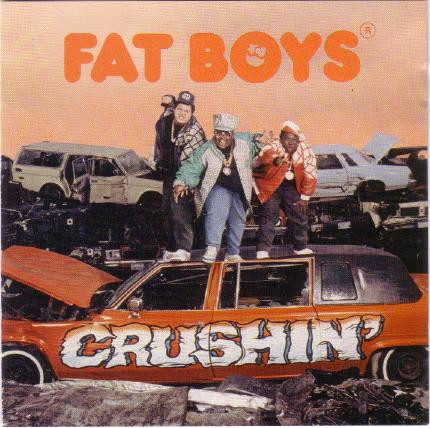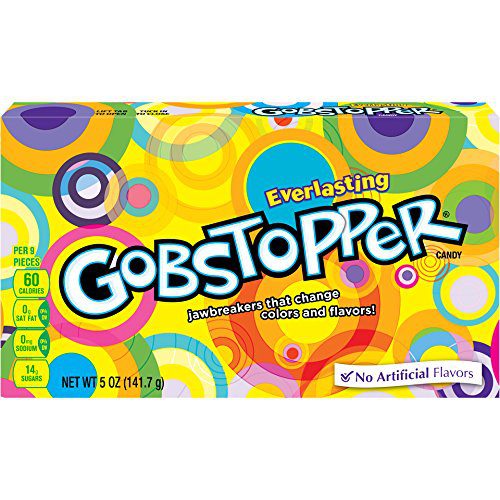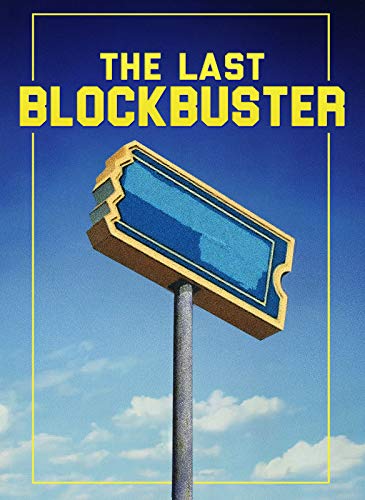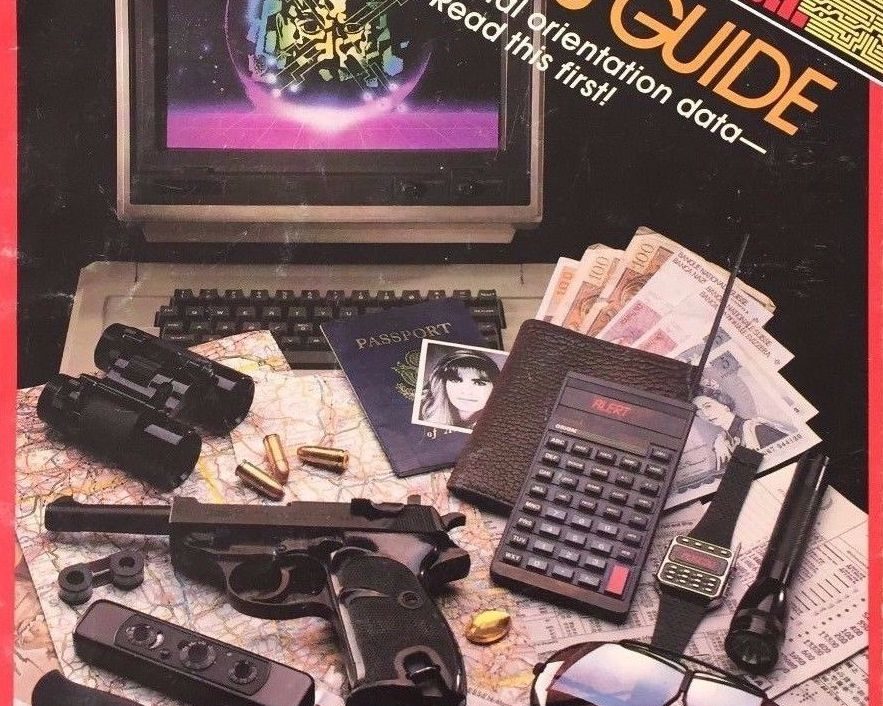
I’ve done the community band circuit for a year now and I’ve played with two community bands. The one thing I have noticed is that the bands don’t really seem to be growing. When they do grow it’s usually by an older member who decides to join the band. The youth market seems to be completely disenfranchised. I can understand part of that, though I declined to join the VCMA when it was first formed due to not liking the director. It wasn’t because I didn’t want to play, I still had the yearly Vermilion Alumni Band to play in, then I moved to Oregon. While there I hardly ever pulled out my trumpet and when I did it was just for a half-hour stint every few months. My lips didn’t have the range or stamina they once did. After blowing out my lip the last couple of years at Alumni after moving back to Ohio, I decided I need to bring more regular playing into my life. This led me to a community band. Since I am young(er) I have had a different perspective on the band.
The first thing is that the music (at least over the summer) is extremely heavily weighted to music written before I was born. If we play anything done after I was born it was an arrangement of a pre-existing piece. I hear the director say things like, “we’ll play this piece because everyone will know it”. Most of the time this is said, I neither know it nor do I recognize the melody. I feel attached and not a part of something I can recognize. This is not to say that I think old music should be ignored, no matter how much I dislike traditional marches. I think we should play a wider variety of music that encompasses all eras. Young people that really aren’t into band music should have something that is recognizable to them and not just something that their parents kind of remember or their grandparents danced to on their first date. There needs to be a mixture. A mixture that should appeal to all those involved.
Rules I would follow to achieve this if I was choosing the music:
1. Choose at least one movie/television theme song- preferably something recognizable to all ages. While we are playing Moonriver in the VCMA and I adore it, it is not something that the majority of the under-forty crowd would recognize. I think you would have to go to the over-fifty crowd to truly appreciate and remember it. My wife said she would forever be in love and be inspired to work harder at learning an instrument if she hears The Muppet Show Theme Song. My personal favorite is video game theme music, something as traditional as The Legend of Zelda Theme Song or a number from the Final Fantasy series. There is a national company that tours and just do live concerts on video game music, it sells out pretty quickly. These types of concerts have a great deal of appeal to the under-forty crowd and that should be taken into consideration.
Some TV themes I would like to hear:
- Batman the Animated Series Theme
- The Muppet Show Theme
- The A-Team Theme
- The Addam’s Family
- The Star Trek Theme
- Farscape Theme
- Benny Hill Theme
- Monty Python’s Circus Theme
- Futurama Theme
- The Incredible Hulk Theme
- Inspector Gadget Theme
- Macgyver Theme
- Mission Impossible Theme
- Quantum Leap Theme
- Bonanza Theme
- Scooby Doo Theme
- Twilight Zone Theme
- X-Files
Movie Themes I would like to hear:
- Anything by John Williams
- Anything by James Horner
- Harry Potter
- Anything large movie made in the last 20 years.
2. Choose at least one pop arrangement – the VCMA did the Beatles and this would fit into this category. The real problem with pop music is that so little of it actually sounds good for a concert band. The fifties and sixties popular songs actually sound the best, though there are a few later pieces that sound quite good also.
3. Choose one classical piece that is easily recognized, so far in neither of my community bands have we tackled any classical music. We have done some “traditional” pieces, but nothing classical. Where is the Bach, Beethoven, or Chopin? There is an abundance of this that has been arranged for concert bands, but the bands I belong to seem to overlook anything pre-1880 and post-1960. Christmas music doesn’t really fall under “classical”
Out of these 3 areas community bands should be able to play one piece from each of these genres throughout their year of performing. I’m not saying it has to follow that one of each of these pieces gets played every concert, but out of the forty or so pieces I have played in both bands, they should be able to accommodate one of each of these in their play rotation.
There are other rules I would follow also.
4. No more than 20 percent of your music can come from any decade. If it was all arranged in the eighties, that’s fine but the melodies and original music were composed according to this guideline. I’m not going to pick on arrangers for doing a modern arrangement of In the Mood, its swing-era song. With this rule, you could also still fit in easily a whole concert and still have music written from before I was born.
5. No more than 40% from any single genre. Whether this is marches, swing, classical, theme music, etc., etc. – variety makes more people take notice unless you’re doing a theme concert.
6. Theme concerts (usually X-mas concerts for community bands) – In a theme concert you should play a maximum of 80% of the music that follows the theme. One or two pieces should be reserved for something unexpected and interesting that doesn’t fit the norm of a particular theme. Whether this is a Christmas march or a summer playing of Sleigh Ride, the unexpected brings people’s attention by breaking the monotony.
7. While conductors normally choose the music in most circumstances, there should be one or two pieces chosen by the band members themselves to work through and play. These people are there to have fun, and play something they really want to play.
8. Encourage your members to compose or arrange something for your band to play. This makes the music all their own and gives your band something special.
That covers my notes from the music selection. So how do you attract new members? Other than people moving into the community or the rare person finding out about you and showing up, there is little in the means of growth. Community bands are competing with the Internet, Social Networking, video games, hanging out with friends, and going to the bar, or clubs. Having lived through my twenties already most of these are more fun at that age than community band. You need to hook members while they are still young.
I’ve always played for the love of playing. I really started when I was a sophomore in high school, by my junior year you couldn’t keep me from auditioning or volunteering to play for whatever group was available. This alone helped me grow into a much better musician. I used to be able to transpose music from the key of C or the Key of F in my head automatically and play along with that sheet music. My range and stamina were much better than they are still today. My technique today is better in a lot of ways, but I feel I was a better player in a larger scope back then. That was after only a year of playing back then, I have some of that memory still in my head and I’m old enough to have gained wisdom. My knowledge should have grown. After my single year of college, I stopped playing with any group outside of the Alumni band. It wasn’t out of disinterest as much as effort. If I didn’t love playing I wouldn’t stay with the community band, there is no one in my peer group and for a large part of it it’s not really “fun”, at least not in the sense it was fun back when I was in high school.
Most players fall off because they are not engaged early enough into the community band cycle. To give an example of what non-engagement with playing can do, for Alumni band out of the 160 of us that went through 3 years together, only 5 showed up last year to the Alumni Band, and only two of us regularly play now. That’s hovering around a 1-2% rate of a player likely to stick with their instrument after school from my personal experience. Almost all community bands explicitly state that will accept members that are in high school with their band director’s permission. Now while I would have gladly played with a community band when I was in high school I was not going to go up and have Mr. Henry sign a permission slip or call to ask if I could join the band. This is a turnoff. What should happen is that the community band should be actively engaging the high school and middle school band directors for members every single year. If community band members are worried about middle schoolers, then they should make a junior community band where the regular band can show up if they so choose and the younger players can show up.
Younger players are looking for people to emulate, to try to sound like. Having mentoring by accepting is only going to raise their skill level. Players that show up are not getting school credit, they are not getting paid, so why have any stipulations? If the music is too hard for them they are not going to stick around. If they don’t really enjoy playing and are only in the school for socialization or fun they are not going to show up. If community bands are there to make their own members better, then the younger the better, they can make the band as a whole better. The older players get the benefit of mild teaching and understanding of what they are doing and the younger players gain a mentor.
Once the younger players are hooked they are more likely to stick with music, since they then have a place to play after they graduate. They will be informed about the community band and will be regular members. If they are anything like I was they will find great relief in having someplace to play over the summer. Older members may even make a little bit of side cash by giving lessons, even if they aren’t as good as a true instructor they could still impart wisdom and teach a student to the edge of their abilities, at which point the student could move onto someone else. My high school self could play rings around my present self. I think community bands underestimate the skill levels of these players.
Is there a strong future for community bands? It depends. The older generations need to realize that playing in the band is not “cool” at least not until you are in your thirties, and I still get the occasional snicker about it – I just don’t care. A community band is considered a tired thing by the younger generation who would prefer most of their live music to contain electric guitars. The ability to evolve and bring new members in is essential for most community bands to last another twenty years. Showing players it can be fun by playing music they can identify with and accepting them as peers within their membership. You could still have a stipulation where the younger members couldn’t vote in elections, I’m sure you wouldn’t want your board run by four sixteen-year-olds – but having one of them in a position with a voice may give you greater possibilities than someone like me who is already twice that age and out of touch.
I’ve gotten the VCMA website in a stable place. I can quickly edit it and make changes, so before any radical redesigns, I’m now working on moving them over to Google Apps for internal paperwork. I plan in the near future signing the VCMA up for a Myspace page and a Facebook account. People in the younger peer group will be able to see it as an organization to identify with. The older members need to realize why they started a community, to begin with, which includes – hanging out with friends, playing for people, becoming better musicians, and having fun. None of what I have written breaks any of that. It may take them a little bit out of their comfort zone, but the mantra of business these days is to embrace and extend. Growth happens once some of these things are followed. If the bands I play with don’t start embracing this I’m not sure they will last another twenty years and things will get shaky in another ten. Growth has not continued, but rather it has stagnated, unless there is something done to counter-act this, the downward trend will continue.
In my band, I’m still considered just a kid, though my father had his fourth child by my age. I’m too young for them to be anything but a kid so what do I know? I’m too old for any of the young people to truly listen to me, plus I’m over thirty so I’m too young to be trusted. If we go by Cory Doctorow’s book Little Brother – they don’t trust anyone over 22. Somehow I’m stuck in the adult version of the tweens. So no one will truly pay attention, but that doesn’t mean this shouldn’t be said.

Picture from here







